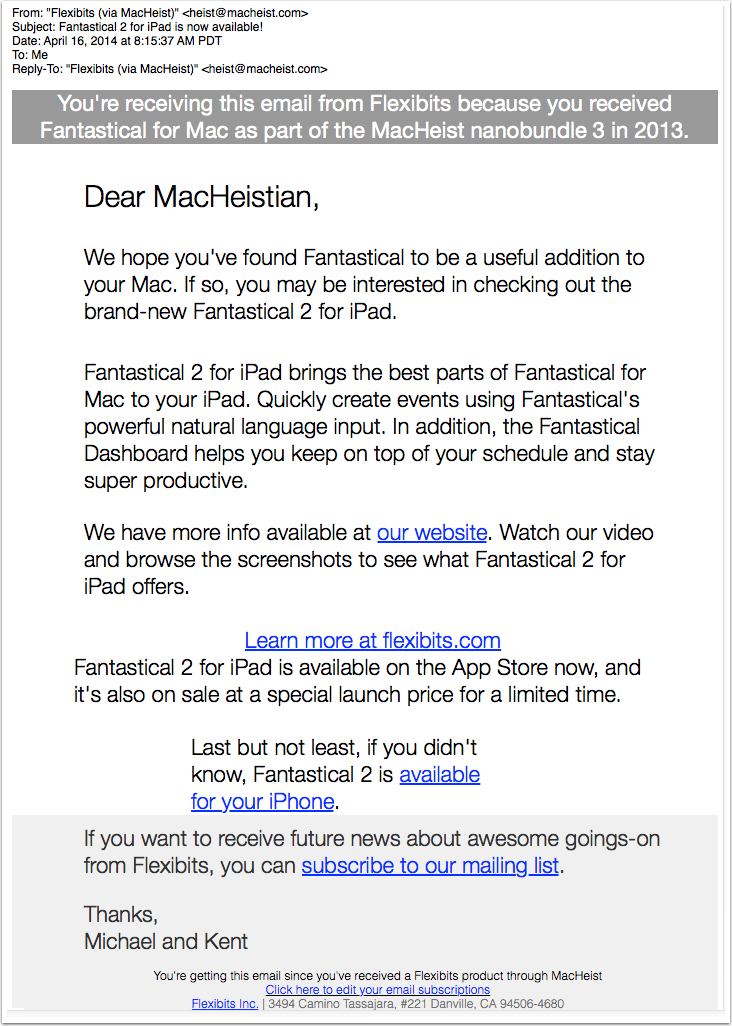Neil has a post up about the “opt-in” form that we were all confronted with when logging into the hotel wifi at M3AAWG last week. They aren’t the only hotel asking for email addresses, I’ve seen other folks comment about how they were required to provide an email address AND opt-in to receive email offers before they were allowed onto the hotel network. Mind you, they’re paying the outrageous fees for hotel internet and still being told they must provide an email address.
The addresses given by people who wouldn’t opt-in willingly aren’t going to be worth anything. These are not people who want your mail, they’re only giving you an address because they’re being forced to do so.
I know it is so tempting for marketers to use any methods to get an email address from customers. I recently was dealing with a very poorly delivering list that looked purchased. There were clear typos, invalid domains, non-existent domains, the whole nine yards. Over 20% of the mail was bouncing and what did get delivered wasn’t going to the inbox. I was working through the problem with the ESP before they went to talk to the customer. To my eye, the list looked purchased. Most times lists just don’t look that bad when they are actually opt-in lists. The ESP insisted that the addresses were being collected at their brick and mortar stores at point of sale. I asked if the company was incentivizing address collection, but the ESP didn’t know.
Eventually, we discovered that the retailer in question had set performance indicators such that associates were expected to collect email addresses from 90% of their customers. No wonder the lists looked purchased. I have no doubt that the pressure to give an email address caused some customers to just make up random addresses on the fly. I also wouldn’t be surprised if some associates, after failing to meet the 90% goal, would just enter random addresses in “on behalf of” the customer.
Email is a great way to stay in touch with customers. It is an extremely cost effective and profitable way to market. The caveat is that customers have to want that mail. Coercing a customer to give you an address doesn’t make your marketing better. It just makes your delivery harder. That lowers your overall revenue and decreases profits.
Quantity is not the be all and end all of marketing. This company? They have a great email marketing program, but their address collection is so bad hardly anyone gets to see the mail in the inbox, even the people who would be happy to receive the mail.
For email delivery quality trumps quantity every time.
Read More